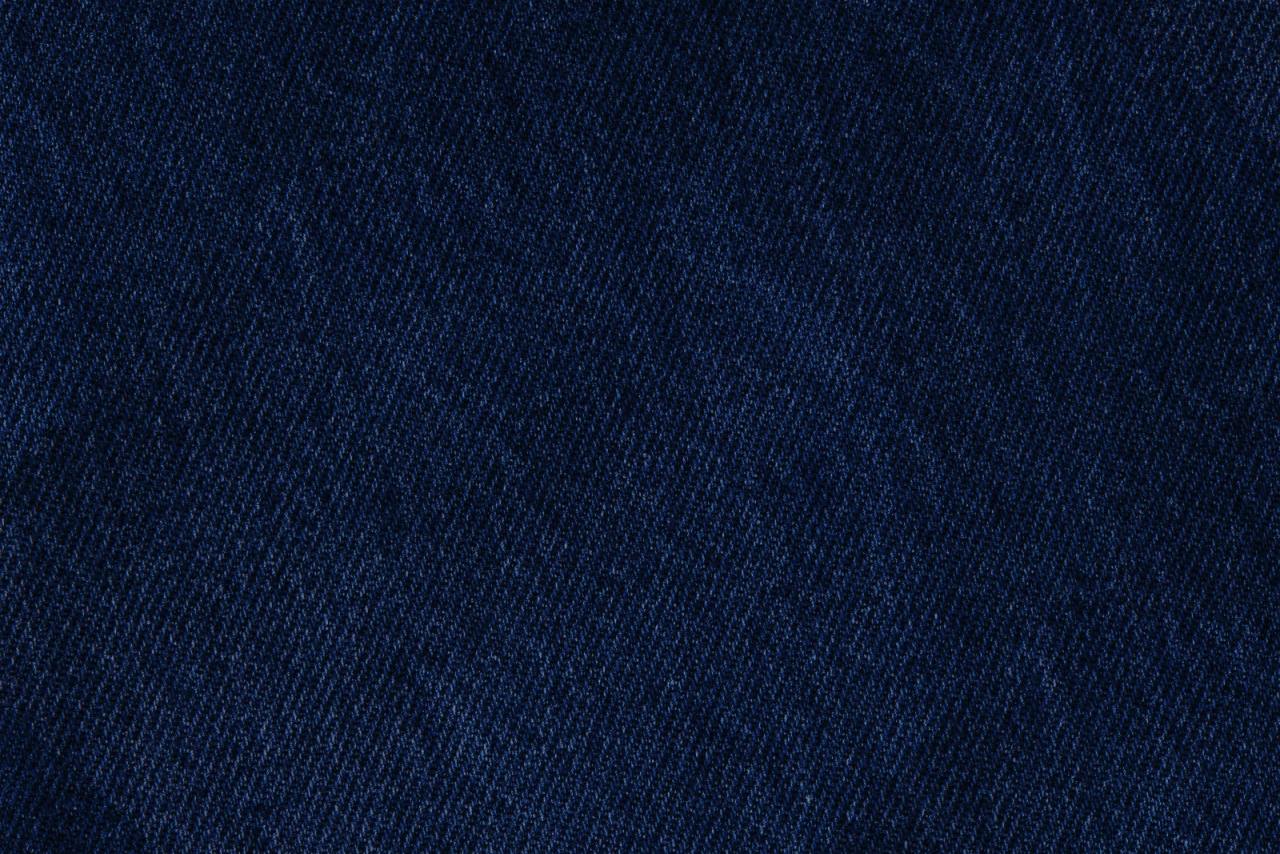When purchasing an outfit, we know we’re making much more than a fashion statement. For better or for worse, we’re also making an environmental impact. That’s why, when it comes to clothing and fabric, we believe in quality over quantity. And what better way to prioritise quality – and the environment – than by choosing sustainable textiles and eco-friendly fabric?
Sustainable fabrics offer loads of benefits for the planet, your wardrobe, and even your bank account. We’re going to dive into questions like “what are sustainable fabrics?” and “is cotton biodegradable?” But first, let’s discuss what sustainable fabric really is.
Sustainable textiles: What are they?
Sustainable clothing materials refer to fabric that comes from eco-friendly resources, like sustainably grown fibre crops or recycled materials. How the fabrics are manufactured also determines just how sustainable they are.
How do you know sustainable fashion materials when you see them on the clothing racks? It’s all about reading the labels! Here are a few labels to be on the lookout for when you’re looking to make an eco-friendly purchase: [1]
BLUESIGN
Certified Organic
GOTS Organic
OEKO-TEX
SA8000
Union-Made Private Labels
Fair Trade
What are the sustainable fabrics to look for on tags? There are many different eco-friendly fabrics to choose from, the most popular being bamboo, industrial hemp, recycled polyester, wool, TENCEL, soy cashmere/silk, and sustainable cotton.
Biodegradable fabrics
Cotton
Because it uses a lot of water, pesticides, and takes up land which could otherwise be used for crops, cotton is not often considered as sustainable. That is, unless it’s organic cotton! Organic and sustainable cotton is a very in-demand fabric choice when it comes to ethical shopping. It’s grown and manufactured in a way that minimizes the environmental impact and supports livelihoods and communities.
Is cotton biodegradable? Yes! Since it’s a natural fabric, this sustainable textile is completely biodegradable. [2]
Viscose
Another sought-after sustainable clothing material is viscose, but again, this depends on how it’s made!
Viscose is a semi-synthetic type of rayon fabric made from wood pulp and is often used as a substitute for silk. Viscose such as Lyocell, Tencel, Modal, and Refibra are made from sustainable forests and have a much kinder chemical process which doesn’t use nasty chemicals. The process to make Lyocell is actually completely waste-free, for example, as every biproduct is recycled in some way. This sustainable material is absorbent, lightweight, breathable, and soft.
Is viscose biodegradable? Yes, it is! While viscose is not the eco-friendliest material out there, it’s a great biodegradable fabric compared to acrylic, nylon, and polyester. [3] [4]
Take care of your sustainable fabrics and the environment!
Sustainable fashion materials are very durable and built to last, making them easy to care for! There should be no issue using a machine to wash your sustainable items, but always be sure to check the tags to be on the safe side. Unless the tags say otherwise, opt for a mild detergent when cleaning your clothes. And, if you want to give your garments a special treatment, try Ultimate Care Fresh Skies.
Fabric conditioner is also sustainable as it helps keep your clothes like new – reducing the need to replace them! Added in the final stage of the washing process, Comfort coats the fibres of your clothes and helps to keep them soft, smelling great, and able to retain their shape and colour. It helps to keep them from bobbling and makes them easy to iron, and with less static. Not only will you be taking extra care of your clothes with this 100% recycled fabric conditioner, but you’ll also be taking extra care of the environment.
Now that you have a better understanding of what it means to shop for sustainable fabric, you can make more informed, mindful decisions when buying clothes. Whether it be asking “is viscose biodegradable?” or figuring out what certifications to look for on a tag, you’re already one step closer to improving your wardrobe and our beautiful blue planet.
Sources:
[2] http://cottonupguide.org/why-source-sustainable-cotton/what-is-sustainable-cotton/
[4] https://www.sateri.com/why-viscose/#:~:text=Cellulose%20pulp%20from%20sustainably%2Dmanaged,other%20petroleum%2Dbased%20synthetic%20fabrics.


